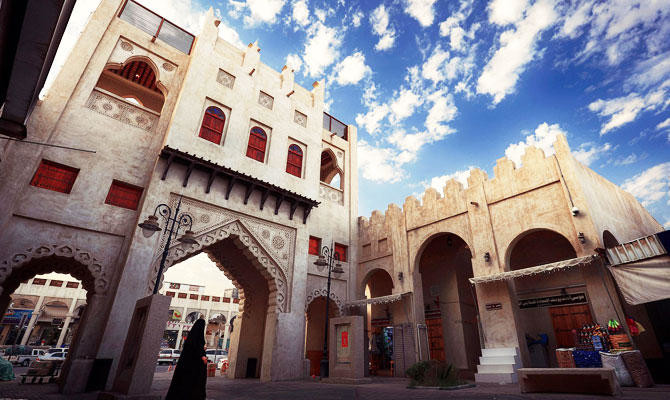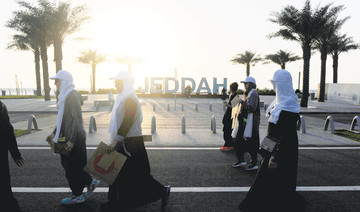RIYADH: A report issued by the Saudi Commission for Tourism and National Heritage (SCTH) says that local tourism trips reached over 44.5 million in 2017, with total spendings around SR47.9 billion ($12.7 billion).
Local tourism accommodation is experiencing a rapid growth, reaching a total of 7,385 licensed establishments with an increase of 426 percent from 2009 to 2017, and around 43 international hotels are operating.
The potential for a significant expansion in Saudi Arabia’s digital tourism industry has encouraged Clear trip, the second largest online travel agency in India, which has a presence in the Middle East, to acquire the famous Saudi travel aggregator Flyin.
Although the acquisition amount is undisclosed, Flyin today obtains 60 percent of market share, making it the largest online travel agency in the Middle East.
Weighing the strengths of joint resources, Flyin has access to a broad consumer database in Saudi Arabia for being the largest, while Clear trip has the technical expertise and long experience of travel and tourism in the MENA region.
Aside from the partnership’s expected outcomes of enhancing product development and customers’ online experience; this is an opportunity to capitalize on Flyin’s experience in the Saudi market by enhancing its role in aligning with the 2030 Vision of leisure and heritage tourism.
To stimulate growth in the number of domestic travelers and tourists, the approach must be innovative in introducing local-destination programs, and providing new content of conveniently packaged trips that add different experiences to make traveling inside the Kingdom attractive for Saudi and non-Saudi customers.
There’s an opportunity for Flyin to minimize the gap between local consumers’ needs and domestic tourism, by collaborating with small offline travel agencies and leveraging their experience in that field, and understanding the market needs.
Digital marketing is also required to build anticipation, and promote Saudi’s leisure and heritage tourism among the novice travel destinations by 2030.
On the other hand, the public sector has begun several initiatives to achieve the objectives of the National Transformation Program (NTP) 2020 in easing domestic tourism and digital transformation.
For example, SCTH initiated the Kafala program to finance tourism projects of commercial establishments, while listing Saudi’s fifth heritage site in UNESCO. SAMA’s approved mada debit cards will make online electronic purchases accessible to everyone, and the Ministry of Communications and Information Technology have created a new framework for Cloud computing, while spending SR150 billion on the IT sector by 2022.



























